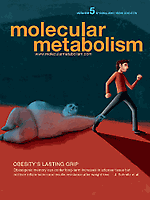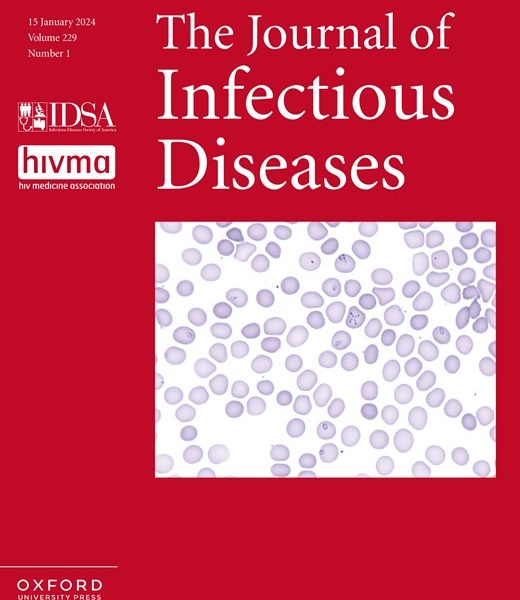 Broadfield et al. Molecular Metabolism 2022. Apr 20;101498.
Broadfield et al. Molecular Metabolism 2022. Apr 20;101498.
Type 2 diabetes and obesity increase the risk of developing colorectal cancer (CRC). The first-line type 2 diabetes medication metformin may reduce colorectal cancer, but the mechanisms mediating this effect remain unclear. In mice and humans, a high-fat diet (HFD), obesity and metformin are known to alter the gut microbiome but whether this is important for influencing tumor growth is not known. We find that compared to chow-fed controls, syngeneic CRC tumor growth is increased when mice are fed HFD and that this acceleration of tumor growth can be partially recapitulated through transfer of the fecal microbiome or in vitro treatment of cells with fecal filtrates from HFD-fed animals. Treatment of HFD-fed mice with orally ingested, but not intraperitoneally injected, metformin suppresses tumor growth and increases the expression of short-chain fatty acid (SCFA)-producing microbes Alistipes, Lachnospiraceae and Ruminococcaceae. The transfer of the gut microbiome from mice treated orally with metformin to drug naïve, conventionalized HFD-fed mice increases circulating propionate and butyrate, reduces tumor proliferation, and suppresses the expression of sterol response element binding protein (SREBP) gene targets in the tumor. These data suggest a potential novel mechanism for the chemo-preventative effects of metformin in people with type 2 diabetes.

